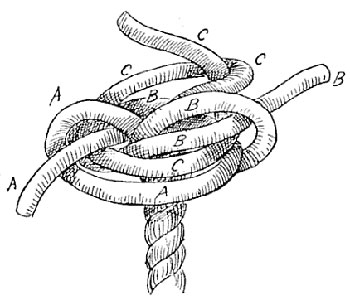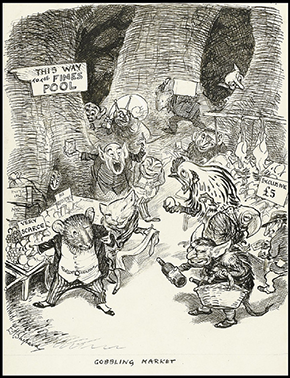"Digital Millennium Copyright Act" entries

Harmonizing the four factors that regulate our society
The O'Reilly Radar Podcast: Cory Doctorow on his work with the EFF, reforming the DMCA, and better IoT business models.
Subscribe to the O’Reilly Radar Podcast to track the technologies and people that will shape our world in the years to come.
In this week’s Radar Podcast, I sit down with science fiction author, activist, journalist, and blogger, Cory Doctorow. We talk about pitfalls in the Internet of Things and his work with the Electronic Frontier Foundation (EFF), including work to reform the Digital Millennium Copyright Act (DMCA) — the source of many of those IoT pitfalls. Doctorow also talks about why we should treat human beings as things that are good at sensing as opposed to things that need to be sensed.
Here are a few snippets from our conversation:
In the absence of any other confounding factors, obnoxious stuff that vendors do tends to self-correct, but there’s an important confounding factor, which is that in 1998, Congress passed the Digital Millennium Copyright Act. In order to try and contain unauthorized copying, they made it a felony to break a lock that protects access to a copyrighted work or to tell people information that they could use to break that lock.
I’m way more worried about the fact that the [DMCA] law also criminalizes disclosing information about vulnerabilities in these systems.
Lawrence Lessig, who was on our board for many years and is a great friend and fellow of Electronic Frontier Foundation, talks about how there are four factors that regulate our society. There’s code, what’s technologically possible. There is law, what’s allowed. There’s norms, what’s socially acceptable. And then there are markets, what’s profitable. In many cases, the right thing is profitable and also socially acceptable and legal and also technologically possible. Every now and again you run up against areas where one or more of those factors just aren’t in harmony.

Anti-circumvention rules limit reverse engineering
An overview of requested exceptions for the 2014-15 triennial review of the Digital Millennium Copyright Act.
Editor’s note: this article originally published in the July issue of Communications of the ACM (CACM); it is cross-published here with permission.
 Computer security researchers and hobbyists who want to tinker with the software in their cars are among those who will find out by the end of 2015 whether the U.S. Copyright Office has issued exemptions from the Digital Millennium Copyright Act (DMCA) anti-circumvention rules. Exemptions would enable these actors to engage in reverse engineering that might bypass technical measures that protect access to copyrighted software or content. It is much to be hoped for that the Office will exempt all uses that pose no threat of copyright infringement, which is all that the anti-circumvention rules were supposed to be about. Unfortunately, the rules were drafted very broadly. Hence, the need to seek exemptions.
Computer security researchers and hobbyists who want to tinker with the software in their cars are among those who will find out by the end of 2015 whether the U.S. Copyright Office has issued exemptions from the Digital Millennium Copyright Act (DMCA) anti-circumvention rules. Exemptions would enable these actors to engage in reverse engineering that might bypass technical measures that protect access to copyrighted software or content. It is much to be hoped for that the Office will exempt all uses that pose no threat of copyright infringement, which is all that the anti-circumvention rules were supposed to be about. Unfortunately, the rules were drafted very broadly. Hence, the need to seek exemptions.
This column, written in March and originally published in the July edition of Communications of the ACM, explores examples of DMCA exemption requests submitted for consideration. Read more…
